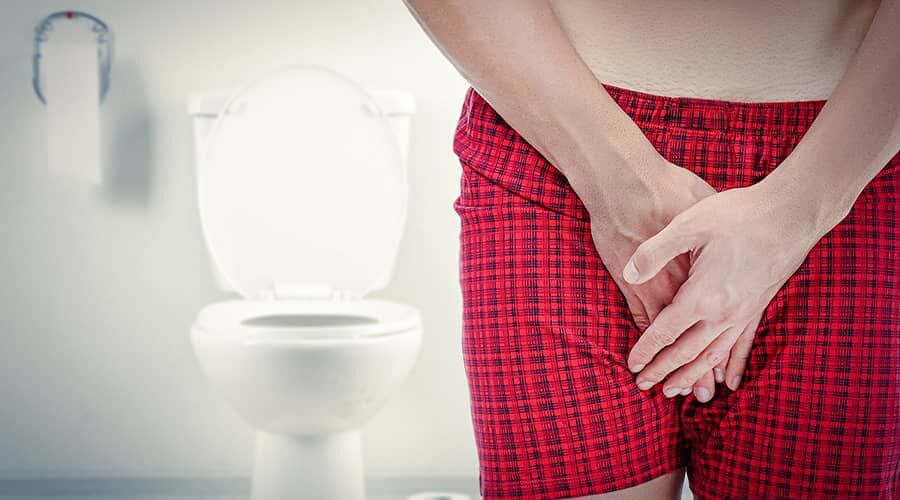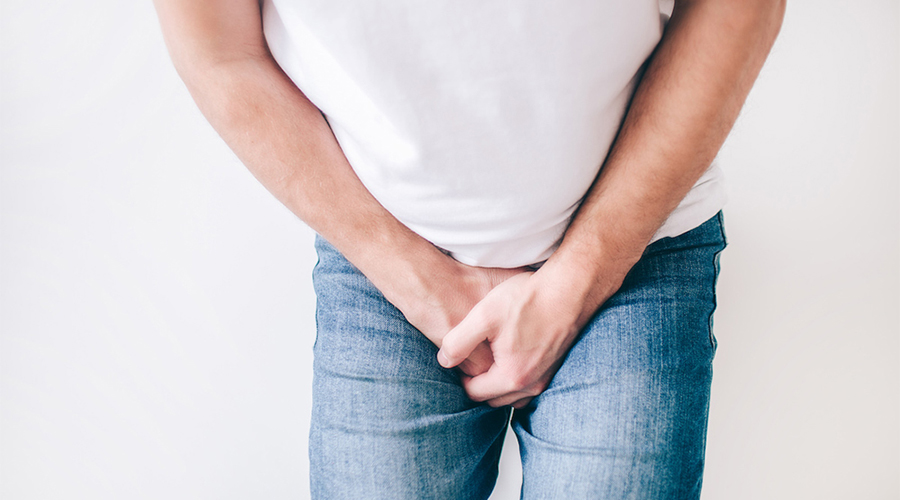
Prostate problems can have a significant impact on sexual function.
Below is a summary of the most common prostate conditions and how they affect sexual function:
Prostatitis: prostatitis or prostatitis often causes pain or discomfort in the intimate areas, which can interfere with sexual activity. Men with prostatitis often report difficulty ejaculating or that their erections are not as strong as they used to be.
Prostatic enlargement: enlargement of the prostate, also known as hypertrophy or benign prostatic hyperplasia (BPH), can also affect sexual function. An enlarged prostate can cause the urethra to be squeezed, making it difficult to pass urine and affecting erections.
Prostate cancer: treatment for prostate cancer (e.g. surgery, radiotherapy) can also affect sexual function. After surgical removal of prostate cancer, affected men often experience erectile dysfunction, difficulty ejaculating and reduced sexual desire.
Chronic prostatitis: Chronic prostatitis can also cause erectile dysfunction, reduced libido and ejaculation difficulties.
Prostatic cyst: A prostate cyst is a fluid-filled cavity in the prostate. The cyst often causes no symptoms, but can sometimes grow and put pressure on the urethra or bladder, making it difficult to urinate and affecting erections.
Prostatic abscess: a prostatic abscess is a pus infection in the prostate. Symptoms include pain and difficulty urinating and erectile dysfunction.
Prostatic fibrosis: Prostatic fibrosis is scarring in the prostate. It is usually the result of prostatitis, prostate enlargement or treatment for prostate cancer. Prostatic fibrosis can cause erectile dysfunction and reduced sexual desire.
Prostatic calcification: prostatic calcification is a hard deposit of calcium in the prostate. Calcifications do not usually cause symptoms, but can sometimes put pressure on the urethra or bladder, making it difficult to urinate and can affect erections.
Some drugs used to treat prostate problems (such as alpha-blockers) or hormone treatments can also affect sexual function.
If you suspect you have any prostate problems or sexual dysfunction, it is important to talk to your doctor. Your doctor can help diagnose the problem and recommend appropriate treatment.











